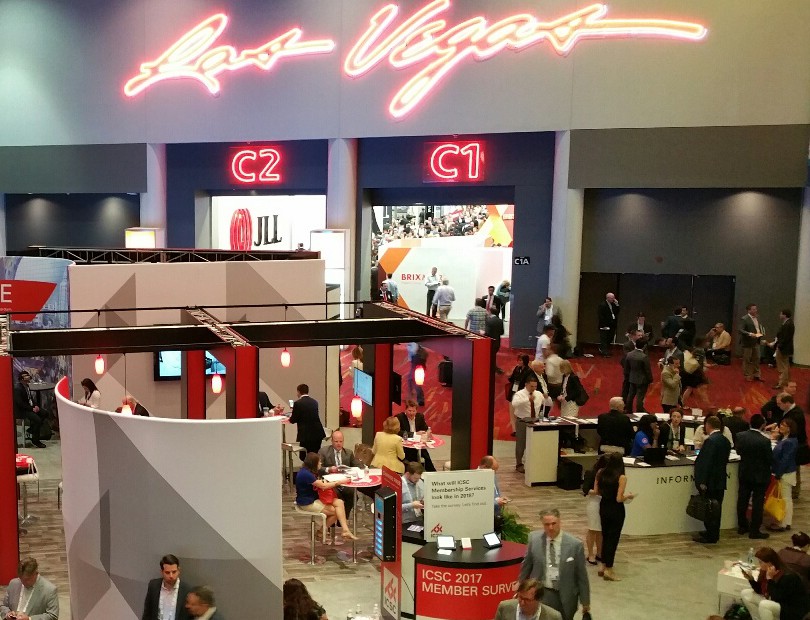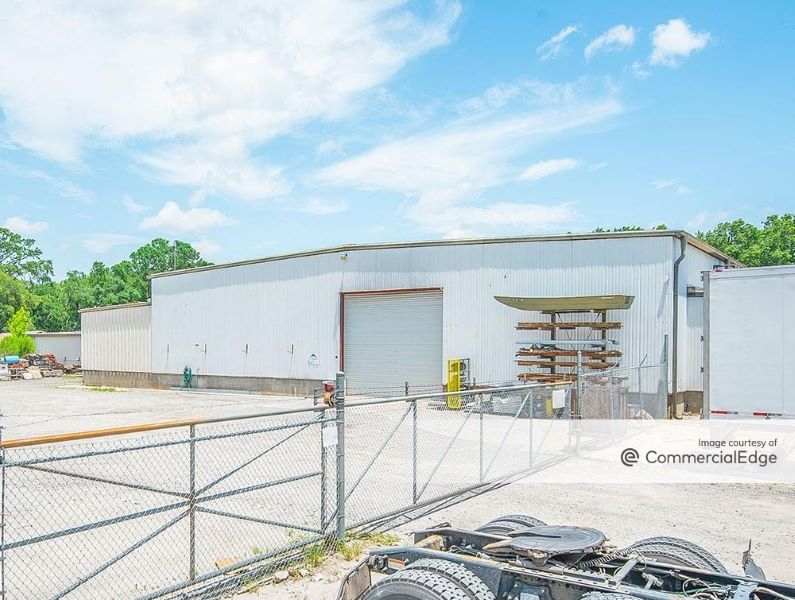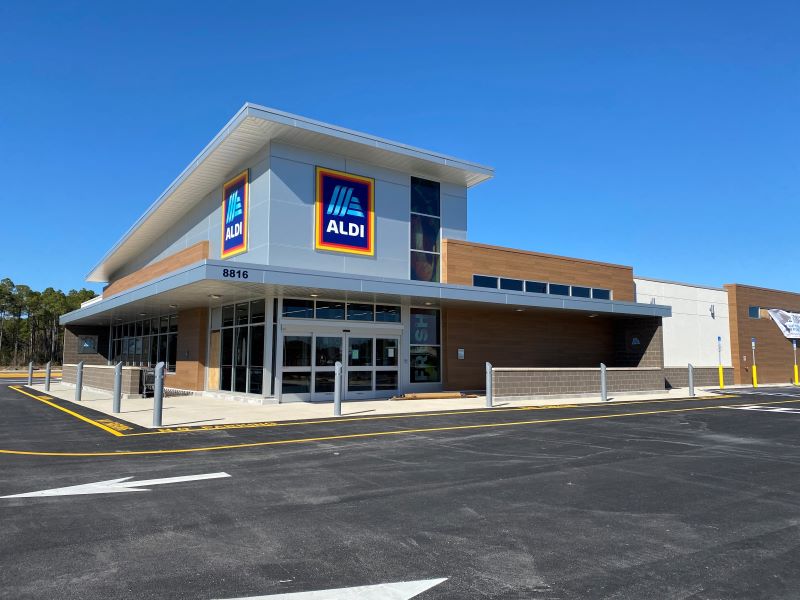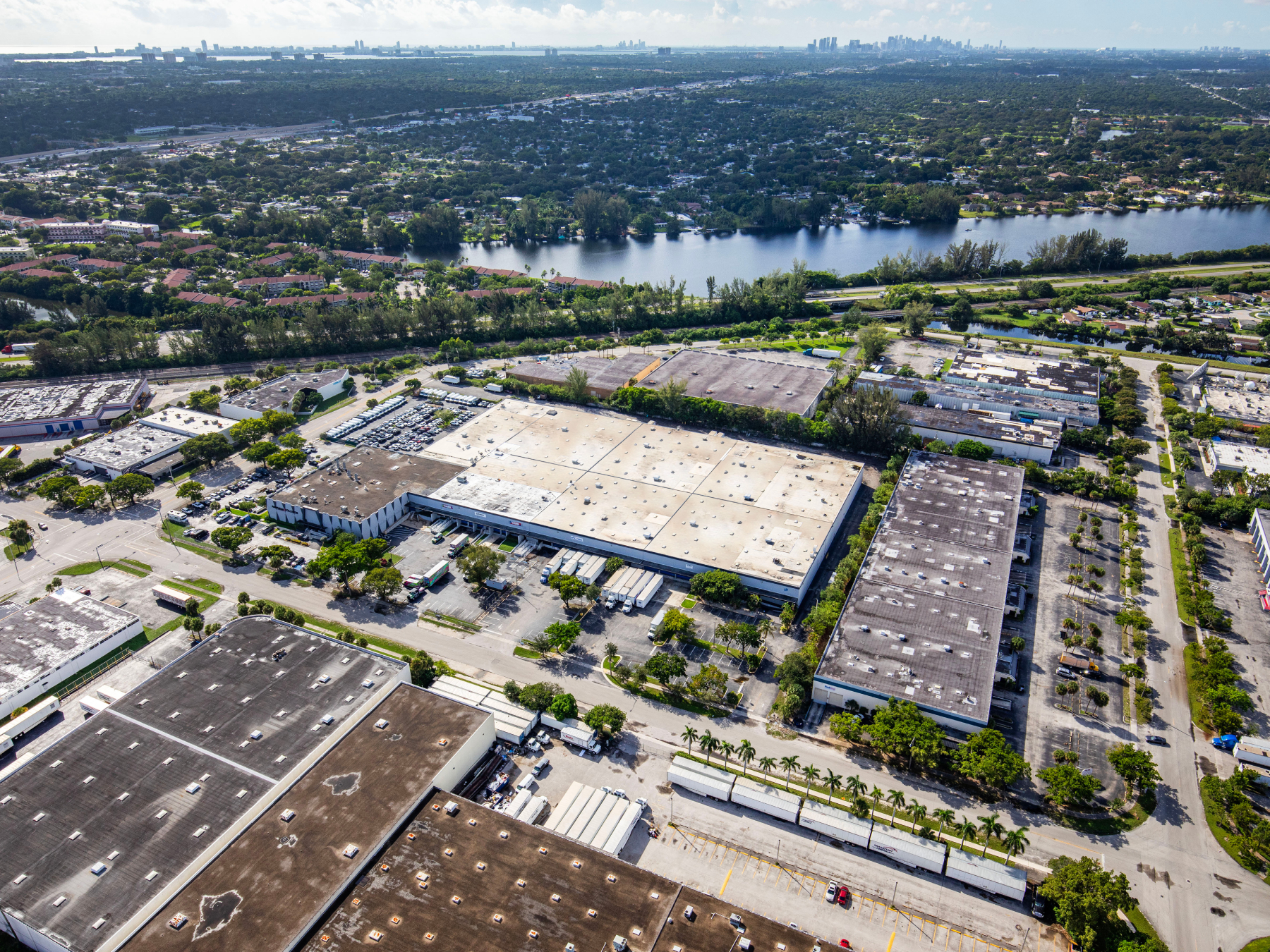Top Execs at RECon Weigh In on Retail’s Prospects
Leaders from JLL, Inland Group and Avison Young offered insights into the challenges, opportunities and misconceptions that mark retail real estate.
By Paul Rosta
Las Vegas—Though making deals is the main mission for the 30,000-plus RECon attendees hustling through the Las Vegas Convention Center this week, the state of the industry is also very much on the mind of those professionals. In conversations Monday at the International Council of Shopping Centers’ annual spring convention, senior executives offered perspectives that went well beyond the alarming headlines that have often surrounded the retail sector of late.
“We knew that department stores were going to struggle,” said Greg Maloney, CEO of JLL Retail, which sent 300 people to RECon, a record for the company. “What we didn’t anticipate was the negativity surrounding brick-and-mortar retail as opposed to online.” The irony, he noted, is that many retail real estate fundamentals remain sound. As Maloney sees it, a major challenge for retail real estate is conveying a realistic picture of the sector, and getting across the message that “What you read and what you hear is not always 100 percent accurate.”
In the meantime, JLL has successfully executed its years-long strategy of growing its footprint in tenant representation, agency leasing and investment sales. That initiative both builds on and complements its longtime high profile in property management, Maloney explained.
Some executives insisted that bad headlines create even greater opportunity in the right niches. “I love the negative news,” said a cheerful Joe Cosenza, vice chairman of The Inland Real Estate Group Inc. and president of its Inland Real Estate Acquisitions, the company’s lead affiliate on the buy side. “I concentrate on grocery-anchored, and there is almost no negativity about grocery anchored.” He likes to call the category “Amazon killers,” because consumers like to be hands-on about buying groceries, making it less susceptible to online sales than other retail categories.
When investors are spooked by troubling headlines, they start playing a game of wait-and-see on the entire sector, not just the niches that are having troubles, he explained. That leaves the field open to aggressive buyers. Consenza sums up his mindset as “Get out of the way and let me buy.”
While acknowledging the well-documented challenges particularly facing the traditional enclosed regional mall, executives also pointed out the opportunity side of the equation. “In general, it’s one of those periods where there’s disruption in a product type,” noted Avison Young chairman & CEO Mark Rose. “That means an as-yet undetermined number of malls will close or be repurposed.
“Whenever you have disruption, whenever you have fear, really smart people make a lot of money,” he said. “Experiential retail is here, and people need to focus on it, and people need to find a way to drive traffic.”
“This too shall pass, but (retail) clearly will look different,” Rose predicted. Today’s challenges will be “tackled retailer by retailer and investor by investor.”








You must be logged in to post a comment.